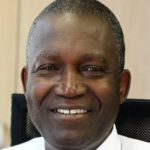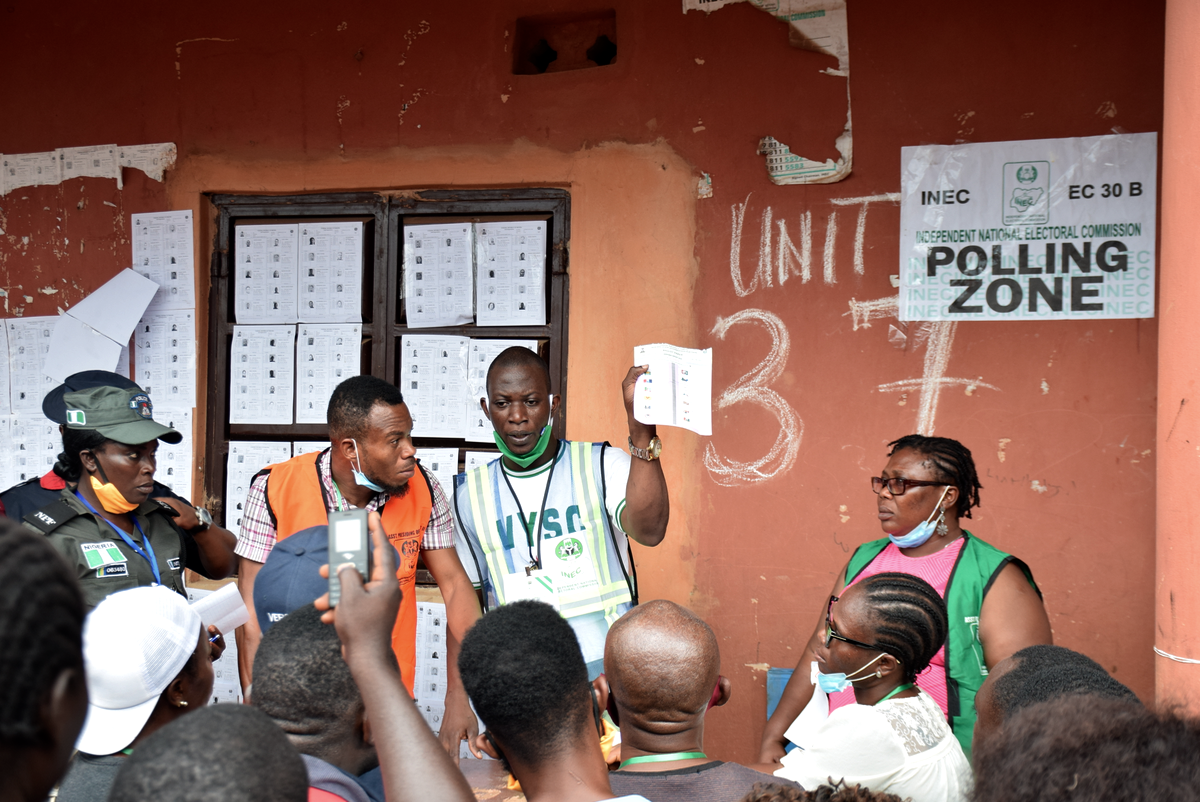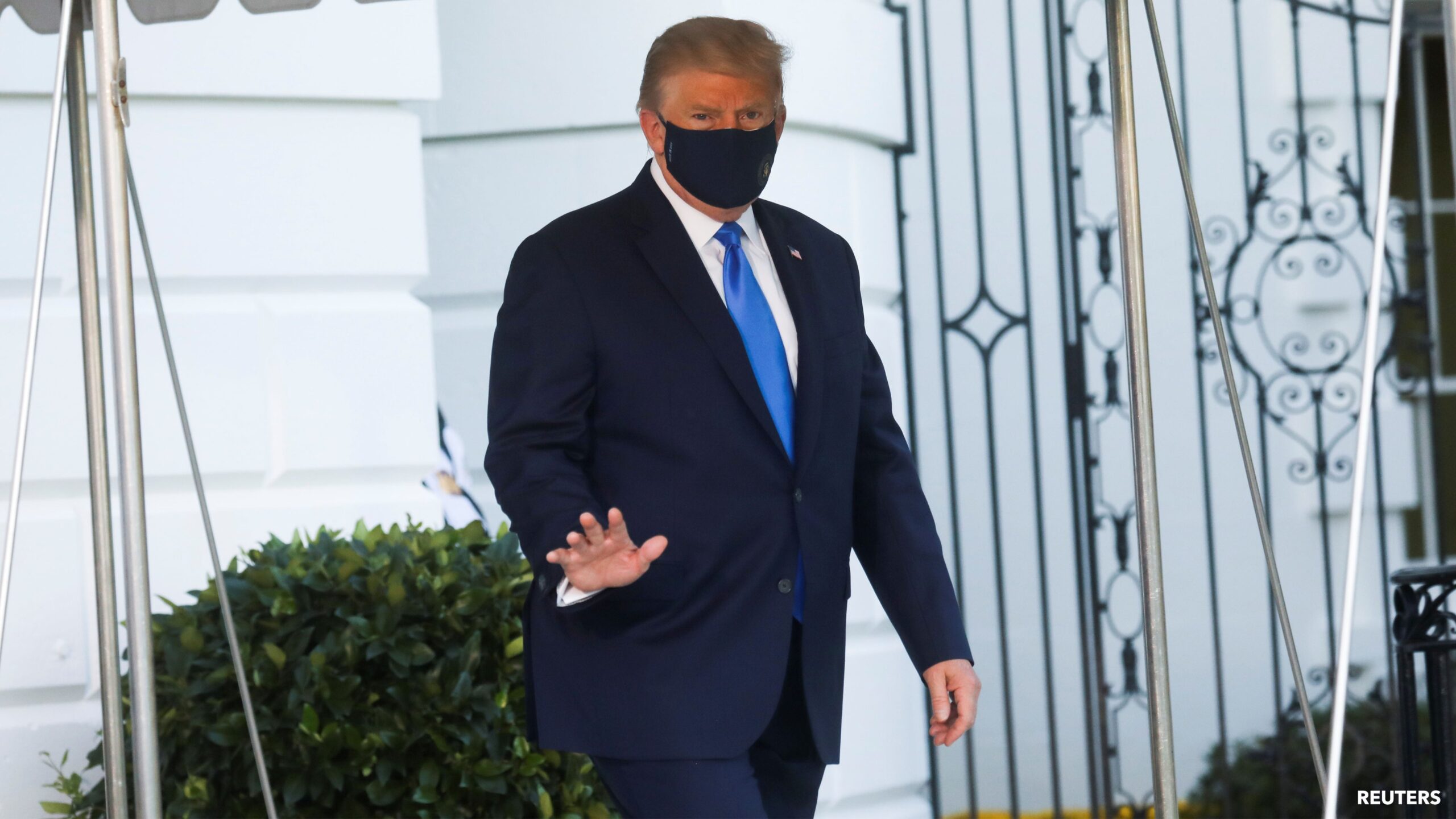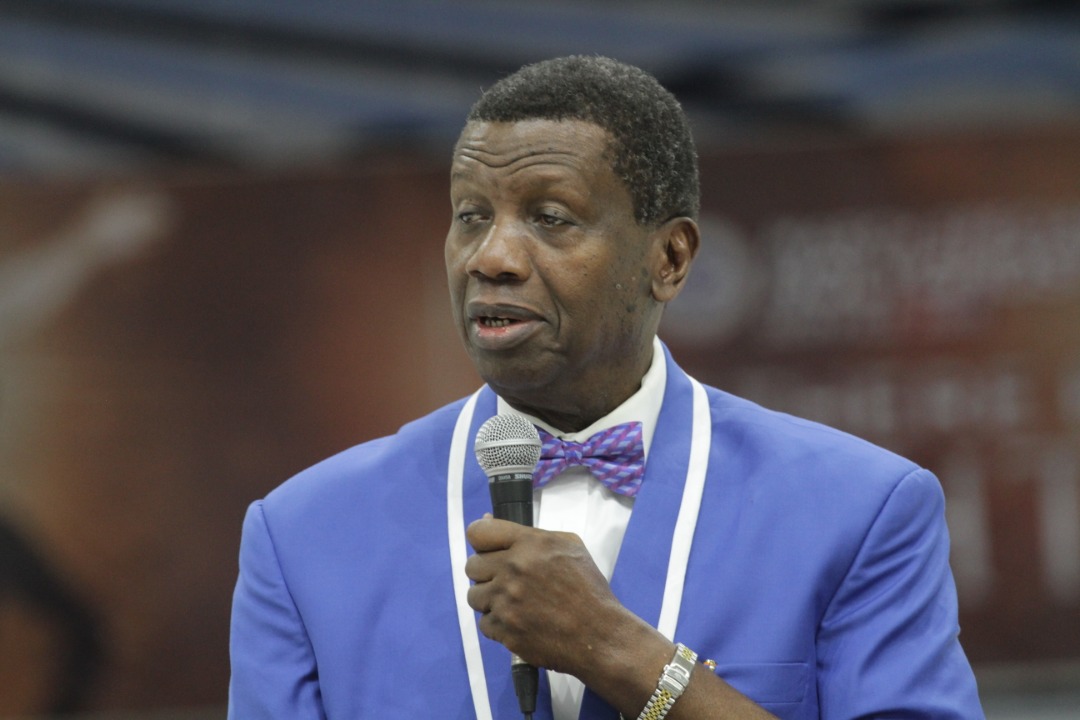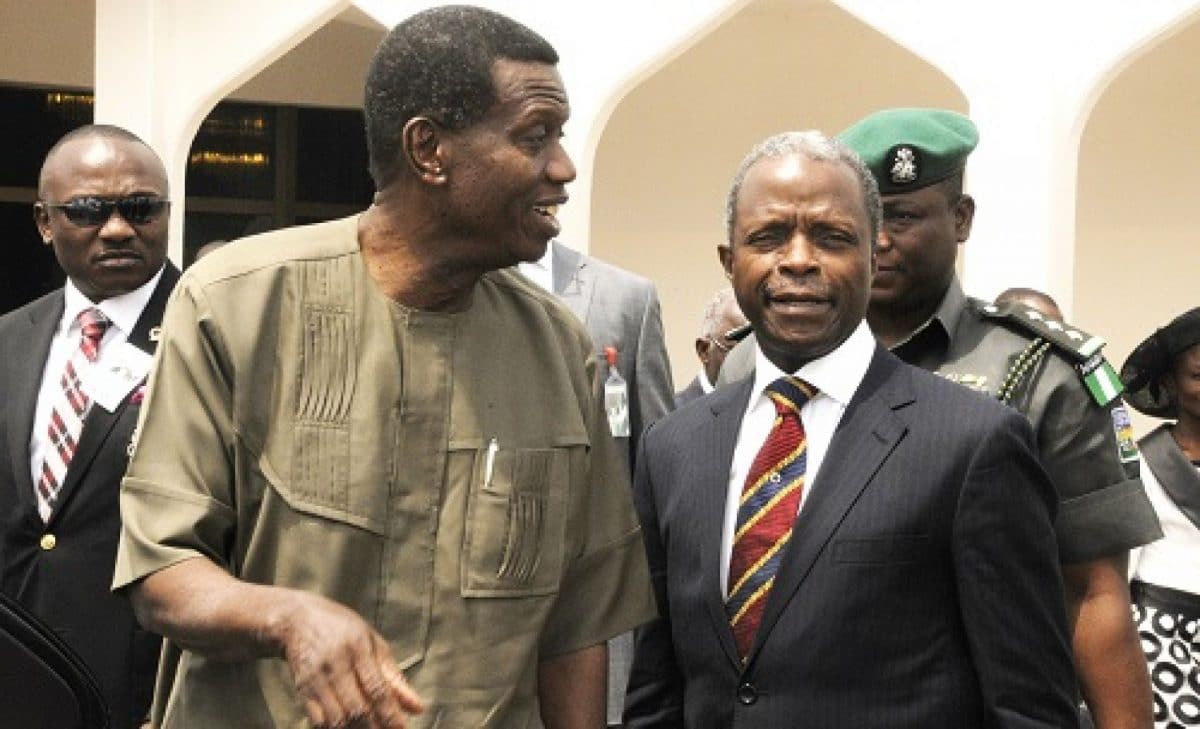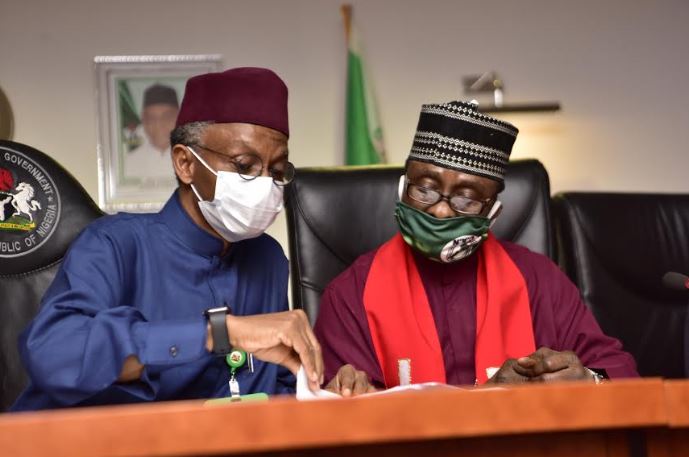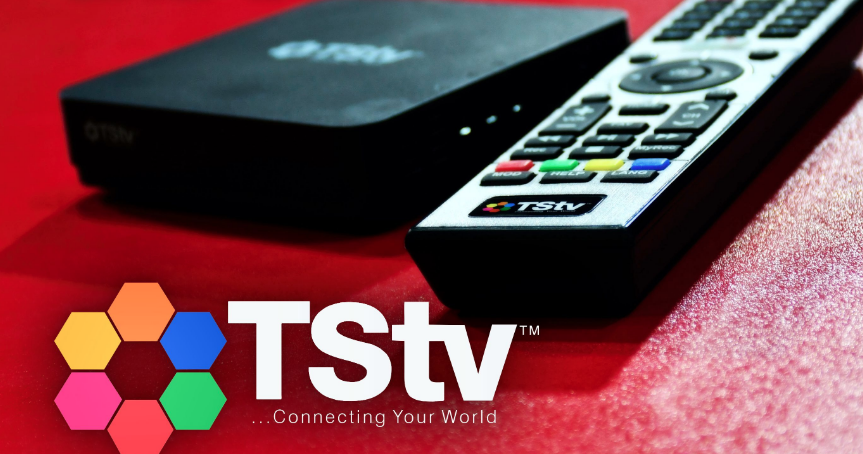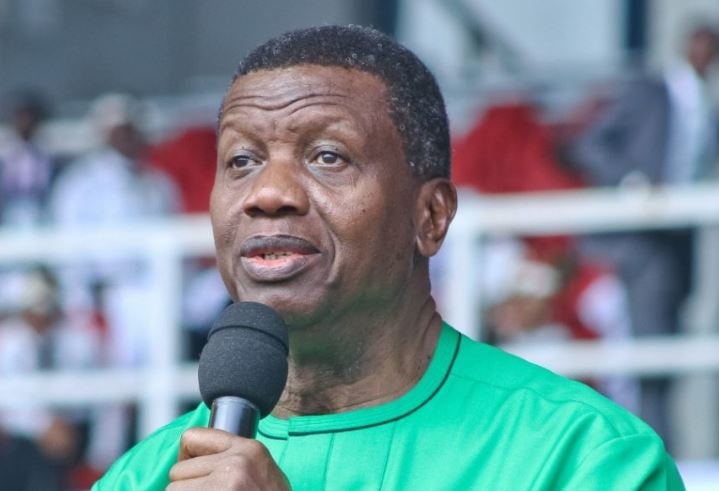The recent gubernatorial election in Edo State which Governor Godwin Obaseki won convincingly over his rival, despite running on a new party platform that he joined only a few months earlier, gives a glimpse on how interactions around politics create deep favours or intense dislike for key political personalities in Nigeria.
Human activities of significance provide insights to confirm existing norms, indicate new ones as they appear, and above all yield pointers to managing future similar or related activities. The recent gubernatorial election shows communicative characteristics. This article explores some of the communicative expressions and offers comments. It is a glimpse into how the interactions of the gubernatorial candidates and their political parties with the electorate and public in general might have shaped the final outcomes.
An important point about the turbulent campaigns and rallies in Edo State is that voters’ interest did not increase despite the strong characters of the candidates and the high stakes. Obaseki scored 307,955 votes, which are slightly lower than 319,483 votes that he garnered in 2016 when he ran for his first term. His opponent, Pastor Osagie Ize-Iyamu, received 223,619 votes this time, also lower compared to his 253,173 votes of 2016 when he was also the chief opponent to Obaseki.
It is indeed surprising that what appeared as serious mobilization around the elections did not create high enthusiasm for voters’ turn out. Why?
Advertisement
The results of the state elections, won handily by Obaseki despite running within a new party, pointed to the strong likelihood that voters’ decision was based on personalities and not allegiance to political parties. Obaseki on one side versus Ize Iyamu, tightly supported by former Edo State Governor Adams Oshiomole on the other side, were the key characters. The last two formed a union that failed to convince voters. Obaseki was ajudged the better choice. The decision confounded those who had relied on Oshiomole’s apparent popularity, based largely on his major victory for his second term as Edo governor in 2012.
Election campaigns present an opportunity to throw missiles of all types at opponents. The two major political parties and others were responsible for the brickbats of accusations, allegations, and blames that featured in audio and video messages of all types. One of the videos showed a candidate as homosexual and therefore undeserving of being Governor of Edo State. The video did not explain how it knew the sexual orientation of the candidate, nor how being homosexual would affect his performance. It was a just-use-anything attempt to bring an opponent down.
The time is past when established media organizations exclusively report on election campaigns, votes and results. No matter the rules that guide news and media organizations, they do not apply to most of the popular and citizen media. Everyone who has a telephone or any communication device uses them to record and disseminate information. There were any number of reports, purported news and information on the elections. The public and audience had to struggle to sift wrong from right information, often an impossible task.
Advertisement
Popularity of video and audio recordings by individuals and groups has greatly increased the availability of raw information materials on the present and the past. Gone are the days when valuable footage of important events and actions are kept in institutions or organized locations. When a leading public figure makes a claim, just about anyone could do a Google search, for example, and dig into several archival materials available through social network services online to provide verification.
It is still possible that politicians can manipulate or influence the media by force, using money, position or their power of coercion. In this manner, adversarial information or news may be prevented from spreading or being known to the public. Wrong. It is no longer easy to stop unfavorable information or news. Information of all types can be generated and spread by anybody using social media and online network services.
The major traditional media do occupy some pride of place and can be very influential in formation of public opinion. But they no longer stand alone and can sometimes be less powerful in shaping public agenda than the small media or social network services. Increasingly, the separation of media platforms is becoming less distinct. Most of the large established media organizations use social media as much as they use information that may originate from social network services.
A politician facing an election in the future, or one who does want to maintain great influence in his or her community should keep in mind that staying on the correct path in public and private is sound advice. If something should not be known, then it is much better that it does not happen. Once it happens, be prepared to explain, or face the consequences and accept the blame.
Advertisement
Politicians often use attendance at their campaign rallies as a gauge of support that the public accord them. In the new sophisticated environment, opinion polling is another measure of what people do and how they will vote. Opinion polls also inform politicians on how to orient their audiences and steer people to support an agenda. However, heavy turn-out at political rallies have become a very uncertain gauge of support as many people turn up at events for many reasons including to collect gifts, monies, or in expectation of material assets. At times the turn-out is just another social outing in communities where nothing much happens.
Opinion polls are useful though not necessarily effective sources of information. Hilary Clinton led in most results of opinion polls in 2016 and she lost the election, although she won the majority votes. That was not sufficient to get her access to the White House. A serious search for reliable means of measuring political support and voters’ interest is still wide open.
The total number of voters in Edo State during 2020 gubernatorial elections is 537,407 out of about 2.2 million registered voters. In 2016, a higher number of voters – 613,244, was recorded out of about 1.9 million registered voters. The 2012 gubernatorial election of Oshiomole versus Mr. Solomon Airhiarvbere recorded still higher number of 630,099 voters out of about 1.5 million registered voters. The significant reduction in voting in Edo State over the past 12 years deserves more scrutiny. It may be due to several barriers such as apathy, social or economic reasons, and perceived insecurity.
In the apparently religious society that is Nigeria, political campaigns use faith terminologies, labels and ingredients to colour their “preachings” for political support or conversion to their own side. It is not unusual to begin bitter and divisive political rallies with prayers. Speeches are filled with allusions to the almighty and his powers to deliver victories to the candidates. Spiritual songs are used to lift up enthusiasm, just as thugs dress up for violent confrontations to mail or even kill. Yet aspirants to political offices try hard to convince the public that they belong in the spiritual kingdom.
Advertisement
Whether overtly or subtly, political campaigns and processes around elections remain vital in forming public opinions and making decisions on voting.
Makinwa is the CEO of AUNIQUEI Communication for Leadership.
Advertisement
Views expressed by contributors are strictly personal and not of TheCable.
Add a comment
